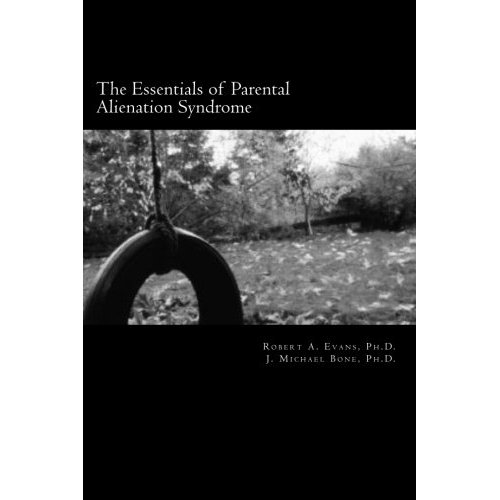Parental Alienation Syndrome as well as Parent Alienation continue to elicit controversy in both the mental health and legal arenas.
Interestingly, the growing and ever increasing bodies of literature, both theoretical and empirical, fail to quiet this debate. This blog post is the first in a series of articles to briefly summarize, and outline the issues at hand.
The controversies appear to center around whether Parental Alienation Syndrome (PAS) is a reliable and valid diagnosis and thereby properly admissible in divorce/custody cases.
Other issues include the appropriate treatment modalities, the appropriateness of the term “syndrome” and last, but probably least the issue that PAS is not presently in the American Psychiatric Association’s Diagnostic and Statistical Manual – Fifth Edition (DSM-V).
Dr. Richard A. Warshak published an excellent article entitled: Current Controversies Regarding Parental Alienation Syndrome in the American Journal of Forensic Psychology, in 2001. He presented very objective and comprehensive arguments focusing on the issues commonly cited against PAS.
Dr. Warshak stated that the detractors of PAS often argue that:
- PAS oversimplifies the etiology of children’s alienation.
- Children’s alienation from one parent is normal, therefore, not a disorder at all.
- PAS leads to confusion in clinical work with children, it’s not reliable or valid.
- PAS lacks a scientific foundation to be considered a syndrome.
- PAS as a diagnosis, its course and treatment are inadmissible.
- PAS is anti-feminist unfairly blames women.
- PAS forces children to be with a hated parent who is possibly an abuser.
- PAS is not in the DSM-V therefore it doesn’t exist.
Over the next few weeks, I will address each argument in greater detail. In the interim, if you have questions please feel free to ask in the comments below.



Trackbacks/Pingbacks